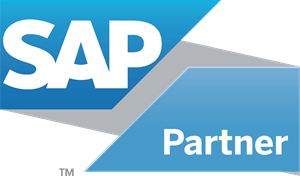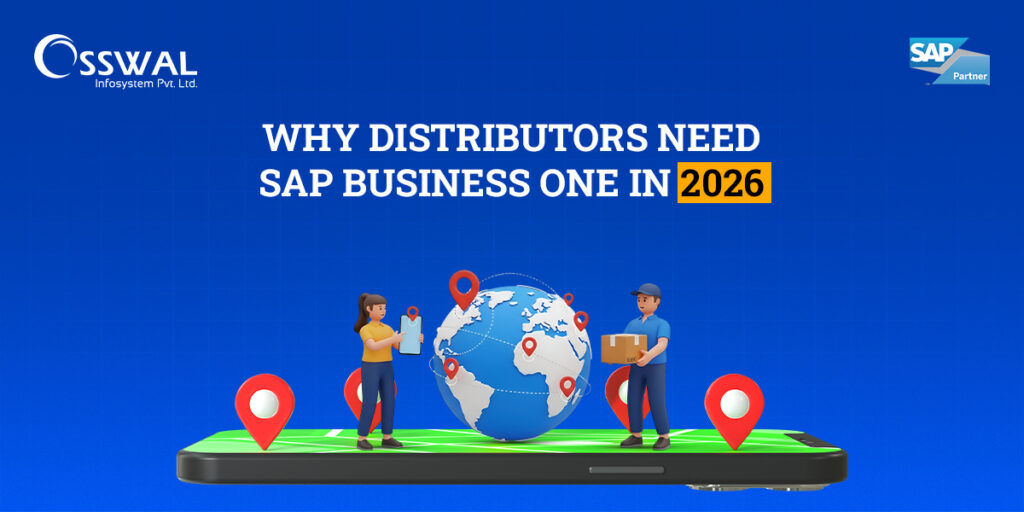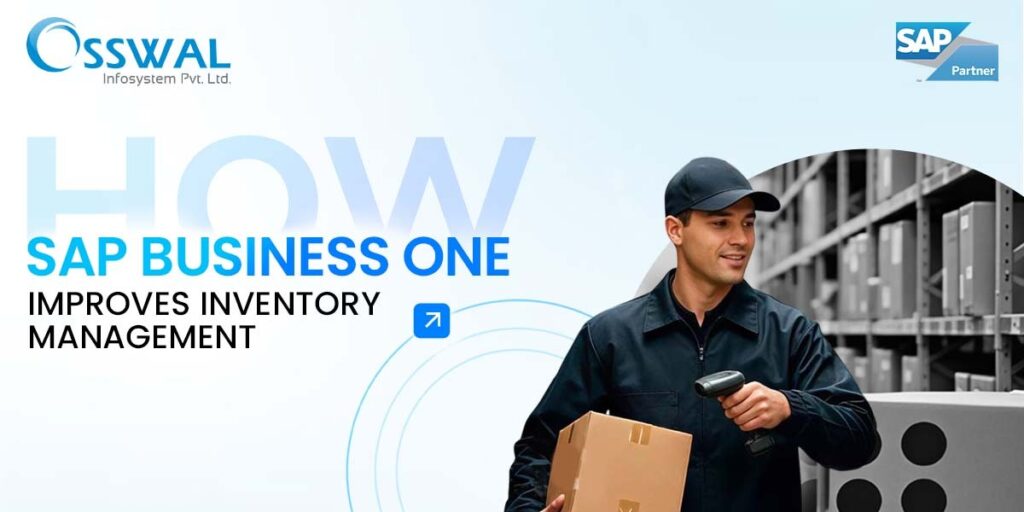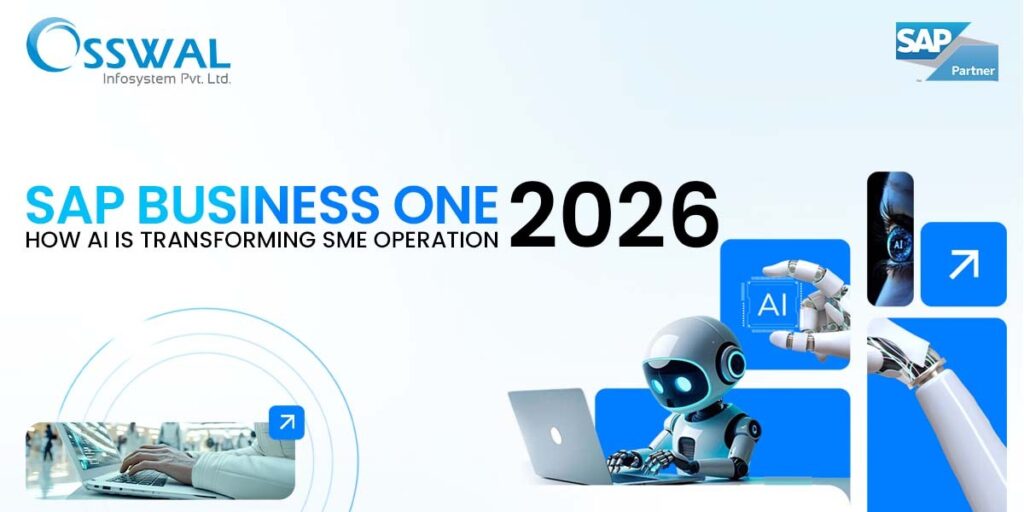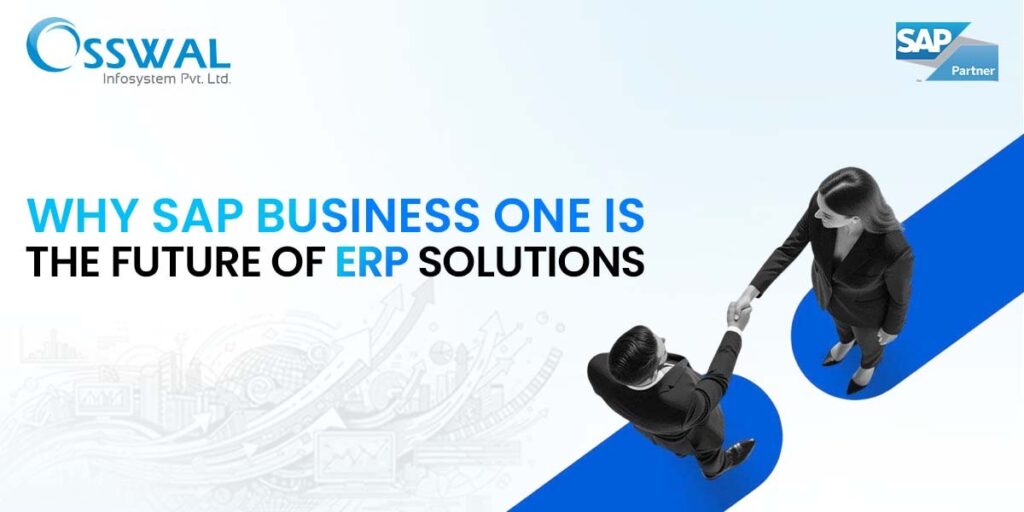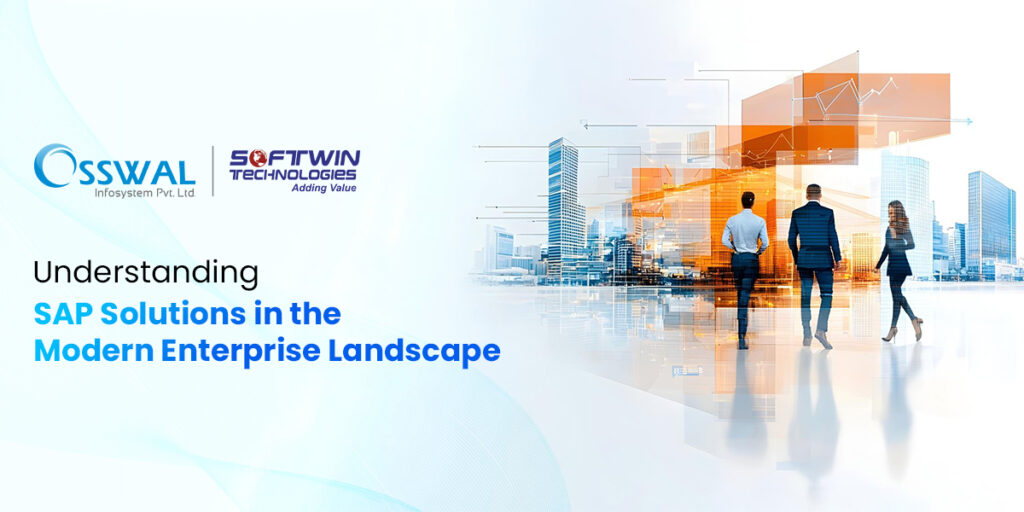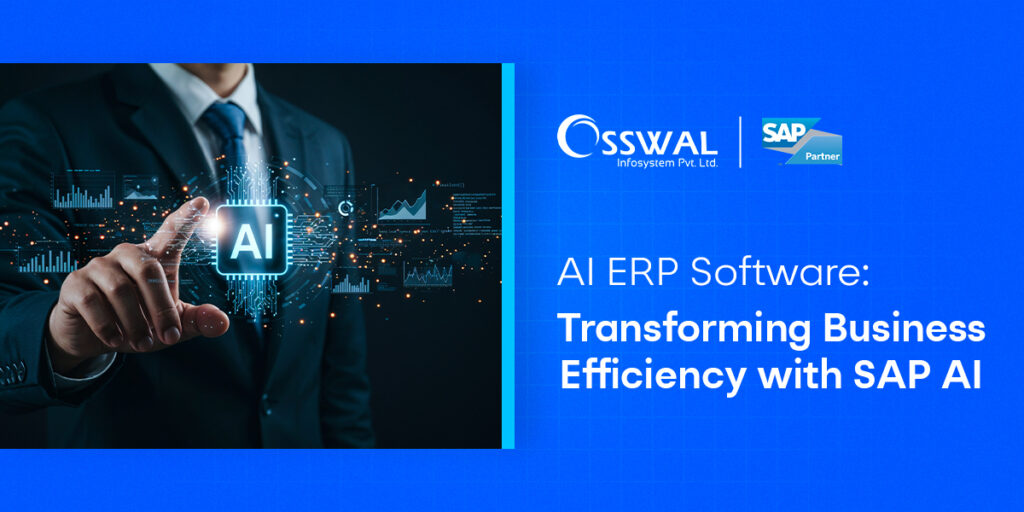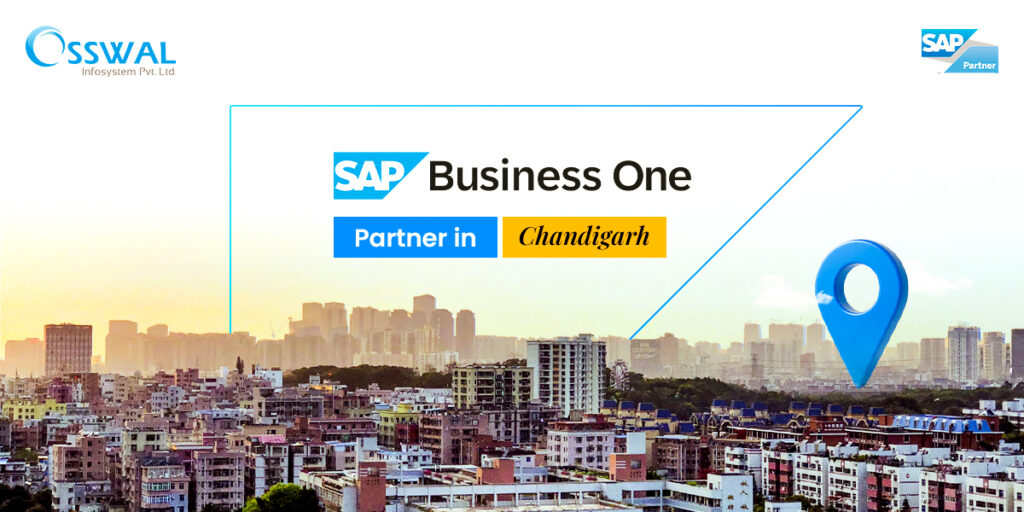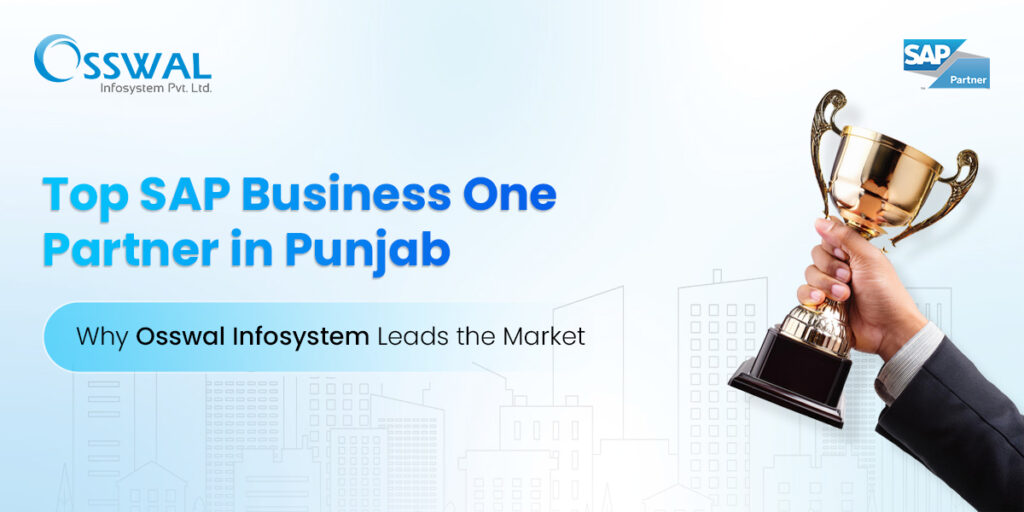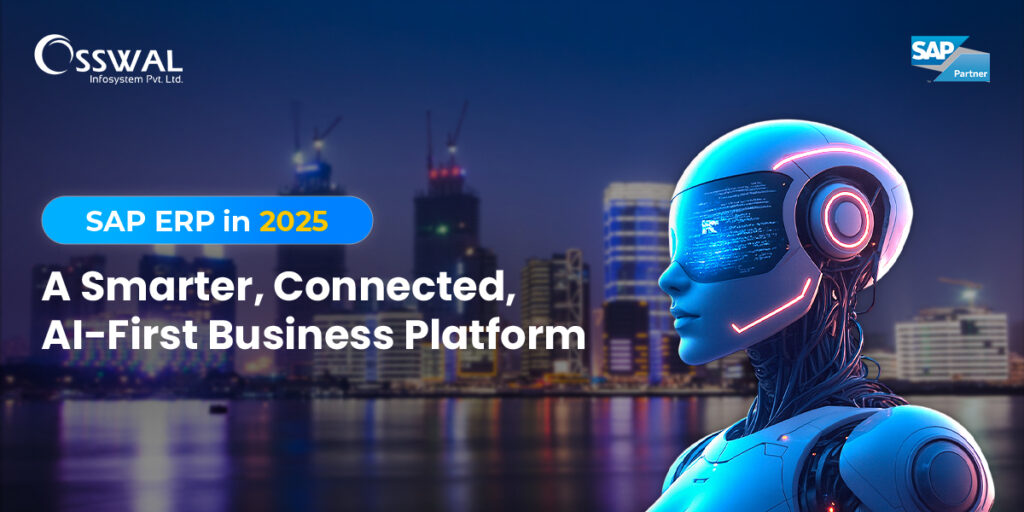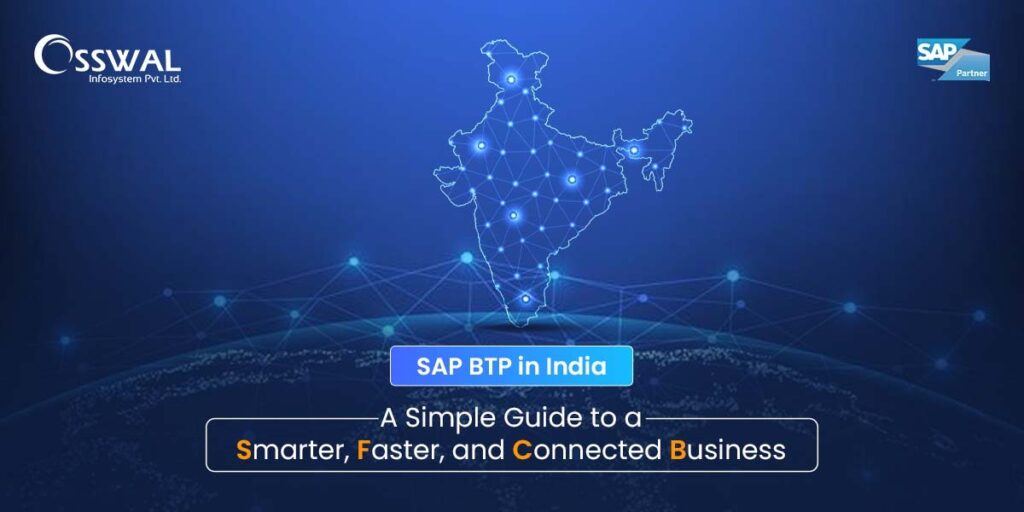Why Distributors Need SAP Business One in 2026 The distribution industry is entering a decisive phase in 2026. Customer expectations are rising, margins are tightening, and competition is becoming more aggressive. At the same time, digital transformation is no longer optional. Distributors must deliver faster, operate leaner, and make smarter decisions. Therefore, relying on manual systems or disconnected software is a serious risk. In today’s environment, real-time visibility, process automation, and accurate reporting define success. However, many distributors still struggle with inventory mismatches, delayed financial reporting, and poor demand forecasting. These challenges slow growth and reduce profitability. That is why forward-thinking businesses are adopting SAP B1 as their integrated ERP solution. With the right SAP Business One Partner in India, distributors can modernize operations and prepare for long-term success. The right technology, combined with expert implementation, creates a strong foundation for growth in 2026 and beyond. Real-Time Operational Visibility One of the biggest challenges in distribution is the lack of real-time data. Sales, purchasing, warehouse, and finance departments often work in silos. As a result, leaders make decisions based on outdated information. SAP B1 connects all core functions into one unified system. Consequently, distributors gain a single source of truth. Inventory levels, open orders, receivables, and cash flow are visible instantly. This transparency improves planning and reduces costly mistakes. Working with an experienced SAP Business One Partner ensures proper system configuration. They align the software with your operational structure. Moreover, they help define workflows that eliminate inefficiencies. Smarter Inventory and Warehouse Management Inventory management directly impacts profitability. Overstocking locks up working capital, while stockouts damage customer relationships. Therefore, accurate planning is essential. SAP Business One helps distributors forecast demand using historical data. Automated reorder points reduce manual intervention. Additionally, batch tracking and serial number management improve traceability. Warehouse processes also become more organized. Barcode integration speeds up picking and packing. As a result, order accuracy improves and returns decrease. A certified SAP B1 Partner India can customize warehouse management features to match your industry requirements. They ensure smooth integration with existing hardware and processes. This approach minimizes disruption and accelerates results. Strong Financial Control and Compliance Financial accuracy is critical for distributors handling high transaction volumes. Manual accounting processes often lead to errors and delayed reporting. However, integrated ERP systems simplify financial management. SAP B1 links operational transactions directly to financial records. Sales invoices, purchase orders, and inventory updates reflect in the general ledger automatically. Consequently, finance teams gain real-time insights into profitability and cash flow. In India, compliance requirements such as GST demand precise reporting. A knowledgeable SAP Partner in India understands local regulations and configures the system accordingly. This reduces compliance risks and ensures audit readiness. Choosing a reliable SAP Partner also guarantees ongoing support for regulatory updates. Therefore, distributors remain compliant even as laws evolve. Improved Customer and Vendor Relationships In 2026, customer loyalty depends on service speed and reliability. Distributors must respond quickly to inquiries and deliver orders on time. Fragmented systems make this difficult. SAP B1 centralizes customer data, including order history and payment status. Sales teams can access information instantly. Furthermore, credit limit checks prevent financial exposure. Vendor management also becomes more strategic. Purchase planning is based on real-time demand forecasts. Lead times are monitored accurately. As a result, supplier relationships strengthen. By collaborating with a trusted SAP Business One Partner in India, distributors can integrate CRM and e-commerce platforms seamlessly. This integration supports omnichannel growth and improves customer experience. Data-Driven Decision Making Modern distribution requires more than operational efficiency. It requires strategic insight. Many businesses collect large amounts of data but fail to analyze it effectively. SAP B1 provides customizable dashboards and detailed reports. Managers can monitor KPIs such as sales trends, gross margins, and inventory turnover. Therefore, decision-making becomes proactive instead of reactive. A skilled SAP B1 Partner India helps design dashboards tailored to your goals. They ensure that reports highlight meaningful metrics rather than overwhelming users with unnecessary data. This clarity enables smarter planning and faster action. Scalability for Growing Businesses Growth demands flexible systems. As distributors expand into new regions or add product lines, their operational complexity increases. Basic accounting software cannot handle this expansion. SAP B1 is designed to scale. Additional users, modules, and locations can be added without disrupting operations. Moreover, centralized control ensures consistent reporting across branches. An experienced SAP Partner in India supports multi-branch setup and inter-company transactions. They configure consolidation processes correctly. Consequently, expanding businesses maintain financial accuracy and operational control. Working with the right SAP Business One Partner also ensures smooth upgrades and long-term optimization. Technology evolves rapidly, and regular updates protect your investment. Enhanced Collaboration and Mobility Disconnected departments create delays and misunderstandings. However, integrated systems promote collaboration. SAP B1 allows departments to share information in real time. Sales teams can check stock availability instantly. Warehouse teams receive automatic order updates. Finance teams monitor payment status without manual follow-ups. Mobile access further enhances productivity. Field representatives can place orders directly from client locations. This capability improves responsiveness and increases conversion rates. A dependable SAP Partner provides training and change management support. Therefore, employees adopt the system confidently and use it effectively. Long-Term Return on Investment Implementing ERP software is a strategic decision. While it requires initial investment, the long-term benefits outweigh the cost. Automation reduces administrative workload. Accurate forecasting minimizes inventory waste. Faster reporting improves decision-making. Over time, these efficiencies translate into higher profitability. Additionally, better customer service strengthens brand reputation. Choosing the right SAP Business One Partner in India ensures that your ERP journey delivers measurable returns. Ongoing support, system optimization, and performance monitoring keep the solution aligned with your evolving needs. Conclusion The distribution industry in 2026 demands agility, transparency, and efficiency. Businesses that rely on outdated tools will struggle to compete. On the other hand, distributors equipped with integrated ERP systems will lead the market. SAP Business One provides real-time visibility, strong financial control, smarter inventory management, and scalable growth capabilities. With guidance from an experienced SAP Business One Partner, implementation becomes smooth and results-driven. Support from a
Why Distributors Need SAP Business One in 2026 Read More »
